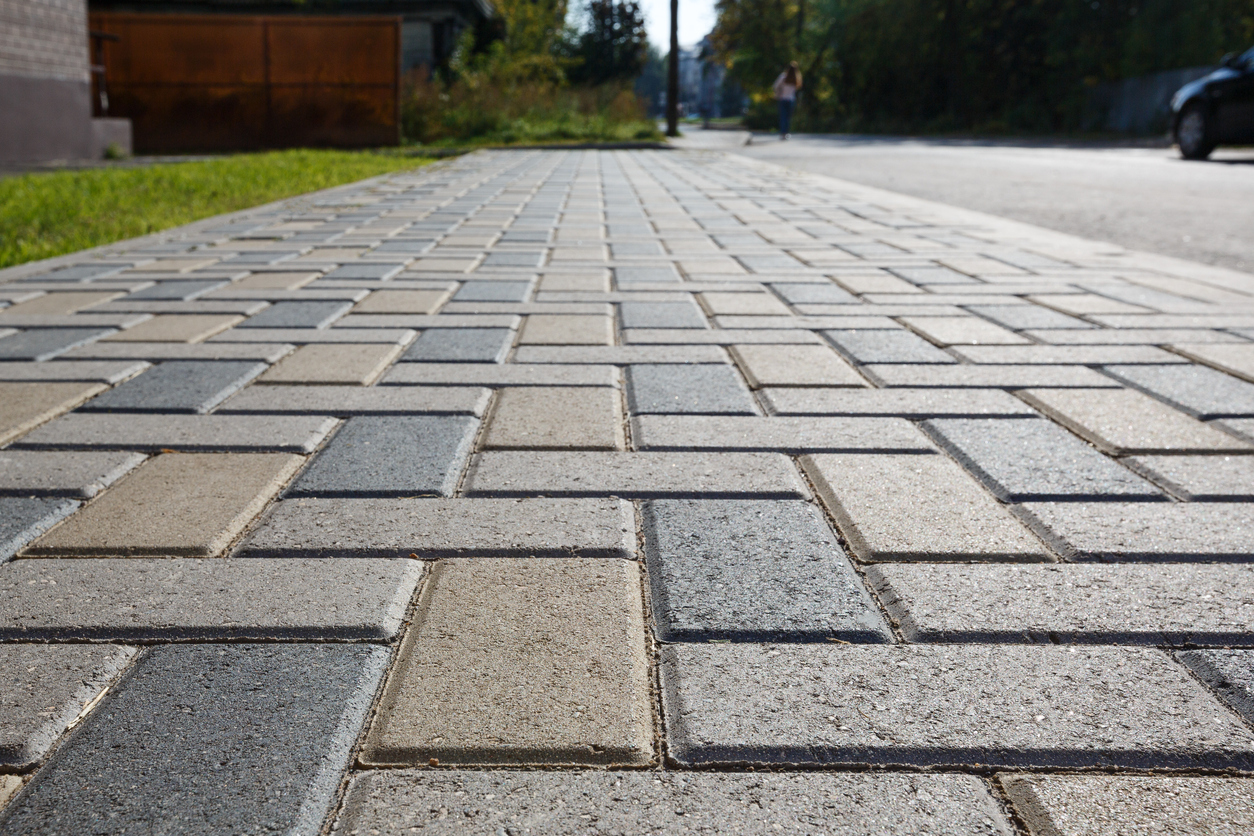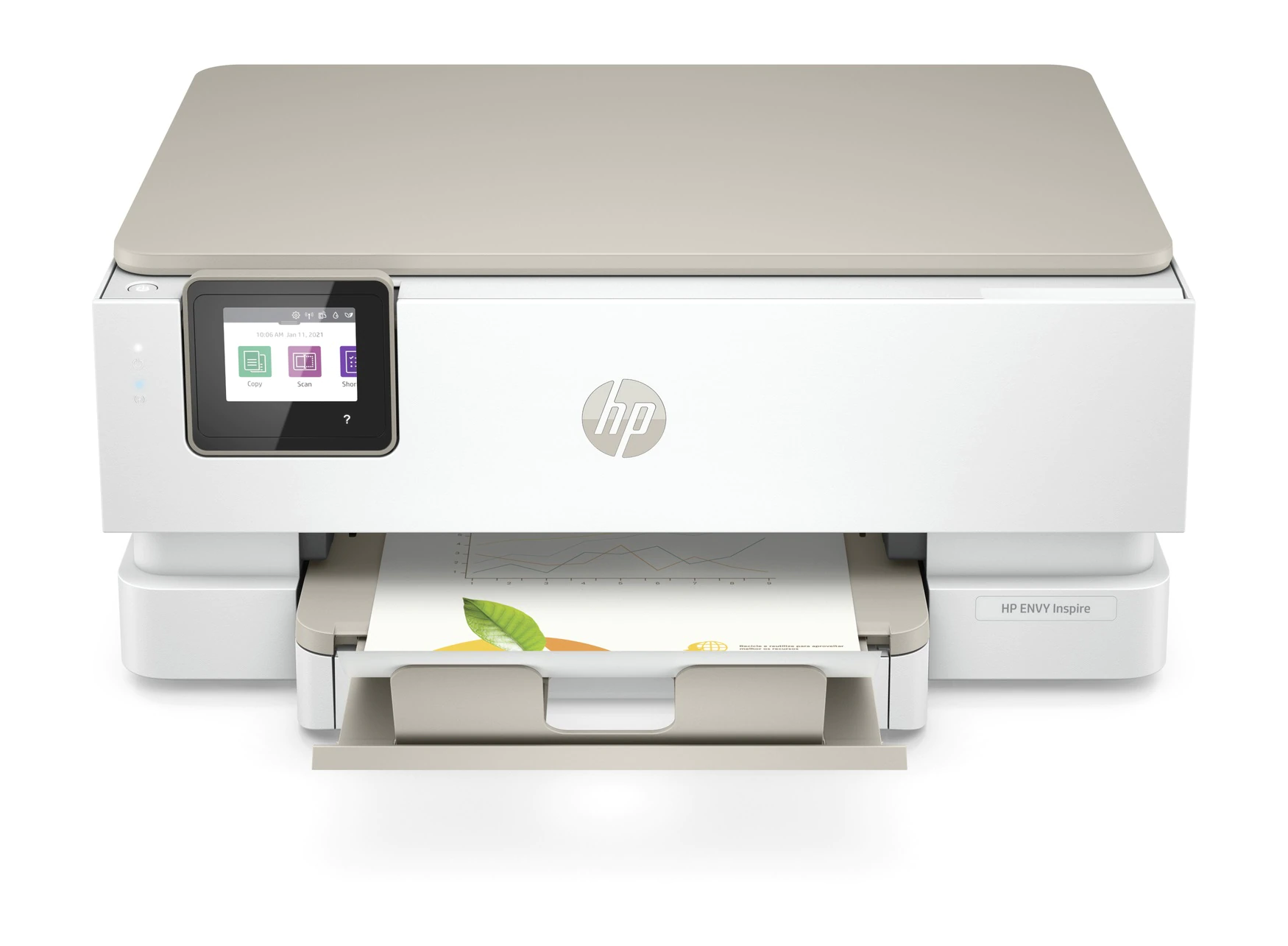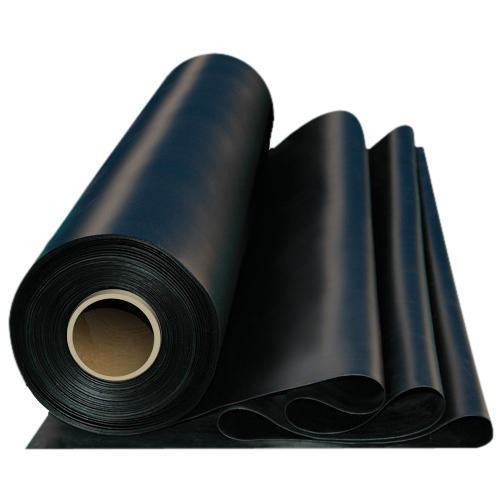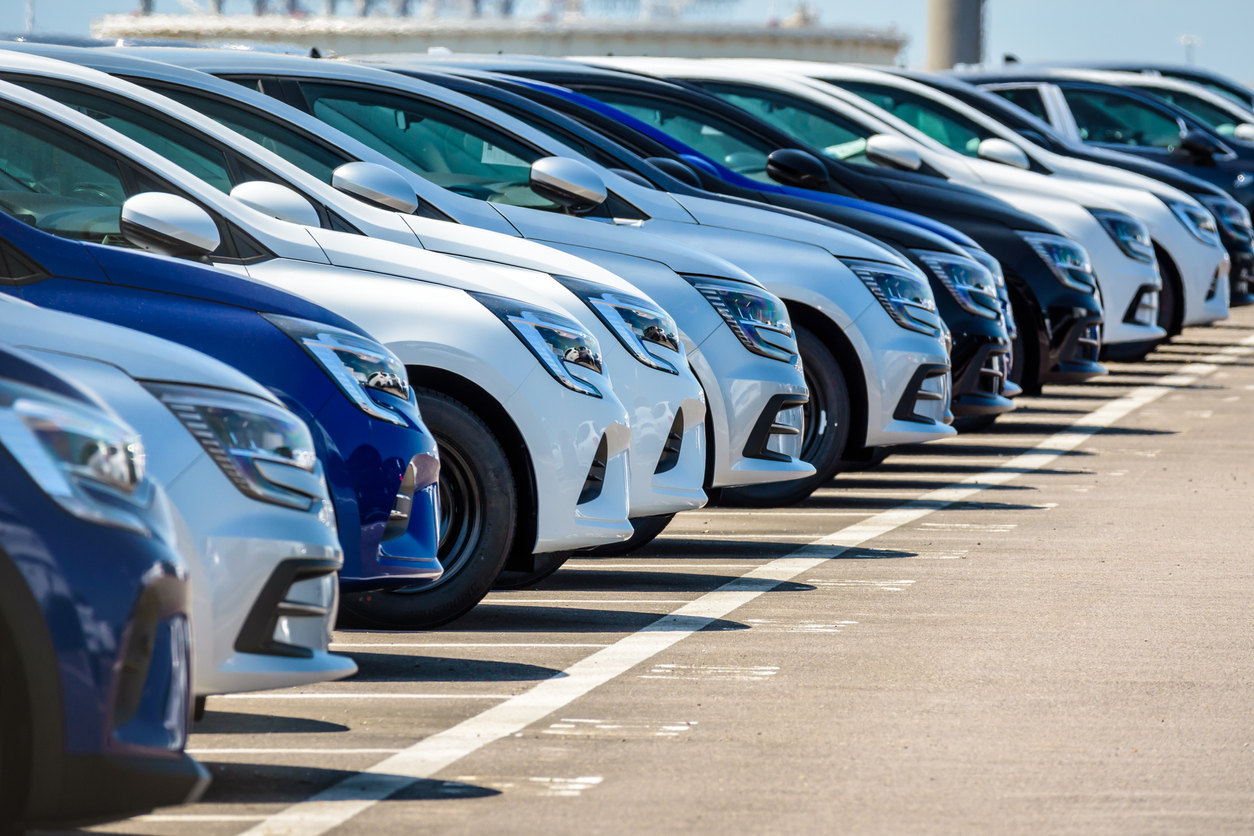The Pros and Cons of Gravel Driveways: What You Should Know Before Building One
The Pros and Cons of Gravel Driveways: What You Should Know Before Building One
Gravel driveways are a growing trend in the United States. Given the advantages of gravel over other driveway materials, it’s no wonder why so many people are switching to this type of driveway. After all, is there anything more aesthetically pleasing than a gravel driveway? Unfortunately, not everyone sees the appeal. Some people may think your gravel driveway is an eyesore or that it doesn’t go with the rest of your property. Other homeowners may think that installing a gravel driveway is too much work or too expensive. Fortunately, all of these common concerns can be addressed and put to rest when thinking about installing a gravel driveway on your property. Here, we discuss some of the pros and cons associated with having a gravel driveway at home.
What is a Gravel Driveway?
A gravel driveway is exactly what it sounds like – a driveway paved with gravel. It’s a material that has been used in roadways and driveways for years and is still going strong today. Traditionally, gravel driveways are made up of crushed gravel or broken stone, although some people do use larger gravel materials. Gravel driveways can also be made up of a mixture of gravel and sand or a mixture of gravel and asphalt. The main difference between a gravel driveway and any other type of driveway is that a gravel driveway has loose gravel pieces that have not been packed down. The gravel is left loose so that water can easily flow through and drain away from the surface. Because of this, it’s very common for gravel driveways to have a gravel covering that is about an inch deep.
Why Install a Gravel Driveway?
A gravel driveway is a great choice for homeowners who want a driveway that complements their property, is low-maintenance, and is relatively inexpensive. While there are many other types of driveways that fit those characteristics, only a gravel driveway will provide the aesthetic you’re looking for. Gravel driveways don’t look out of place in any landscape setting and will add character to any property. Gravel driveways are known as low-maintenance driveways because they don’t require much upkeep. Given the fact that it’s just loose gravel on the surface, you can’t do much to go wrong with it. When it comes to maintenance, you can just sweep or rake the gravel to remove debris. You can also use a broom to push dirt and gravel back into the spaces between the stones. Because gravel driveways don’t need to be repaved or maintained like asphalt driveways do, they are much lower in cost.
The Pros of Gravel Driveways
Gravel driveways are attractive, long-lasting, and low-maintenance. But that’s not all that makes gravel driveways a great choice for your driveway. Besides looking beautiful and complementing any landscape, gravel driveways also provide the following benefits: Gravel helps control stormwater runoff. This is especially important in areas that have heavy precipitation and flood-prone areas. When rain falls on a gravel driveway, it trickles through the gravel and flows right into the soil below where it can be absorbed. Gravel driveways are slip and trip-free. Because a gravel driveway doesn’t have any smooth, level surfaces, it’s impossible to lose your footing on it. This makes a gravel driveway perfect for areas where there are children and pets who are at risk of falling.
The Cons of Gravel Driveways
Although gravel driveways have many advantages, that doesn’t mean they’re completely perfect. Below are some of the potential downsides to installing a gravel driveway: Gravel driveways need to be maintained. Since the gravel on your driveway needs to be kept in place, you will likely have to sweep or rake the gravel often. This is a low-maintenance thing, but it must be done regularly. Gravel driveways are more susceptible to erosion and water runoff. If you live in an area that gets a lot of rain, your gravel driveway may have an issue with water runoff. Gravel is more difficult to walk on than smooth asphalt driveways. Gravel is not the soft surface that it may seem like. Sure, it’s easy on the bottom of your feet, but it’s also not as easy for wheelchairs, walkers, and other mobility devices to traverse. Gravel driveways are not easily accessible for people with vision impairments.
When is a Gravel Driveway Not the Right Choice?
Gravel driveways are great for many people, but they are not ideal for everyone. If you have a large family or many visitors, you may find that having a gravel driveway is too limiting. Because gravel driveways don’t have any smooth surfaces, they are not accessible for people with wheelchairs, walkers, and other mobility devices. Those with vision impairments may also have a hard time walking on a gravel driveway because it will not be as smooth of a surface. If you have kids that play sports or have friends who play sports at your house, a gravel driveway may not be the best option. A baseball or soccer ball that rolls onto a gravel driveway may cause damage to the gravel and could even be a safety hazard.
Can You Have a Gravel and Paved Driveway Together?
Since gravel and asphalt both come from the same material, it’s possible to have both types of driveways located on your property. However, it should be noted that it isn’t easy to do so. You can’t just dump asphalt or concrete on top of the gravel. Instead, you’ll have to dig out the gravel, mix it with the asphalt, and then pour it back down on top of the gravel. This is a very involved process and isn’t recommended for the inexperienced. Another thing to keep in mind is that mixing gravel and asphalt together will reduce the lifespan of both driveways. Gravel driveways usually last between ten and fifteen years, whereas asphalt driveways last between twenty and thirty years. If you do decide to have both types of gravel driveways, the asphalt driveway will likely have to be widened to accommodate the gravel.
Final Words: Is A Gravel Driveway Right for You?
Gravel driveways are a great choice for many homeowners. They look visually appealing, are low-maintenance, and are relatively inexpensive. Gravel driveways also provide many benefits, such as helping control stormwater runoff and being slip and trip-free. That being said, gravel driveways do have some drawbacks, such as being more susceptible to erosion and water runoff, being difficult to walk on, and not being easily accessible for people with disabilities. If you have a large family or many visitors and you play sports at your house, a gravel driveway may not be the best option. In the end, it’s up to you to decide if a gravel driveway is right for you.








LEAVE A COMMENT
You must be logged in to post a comment.